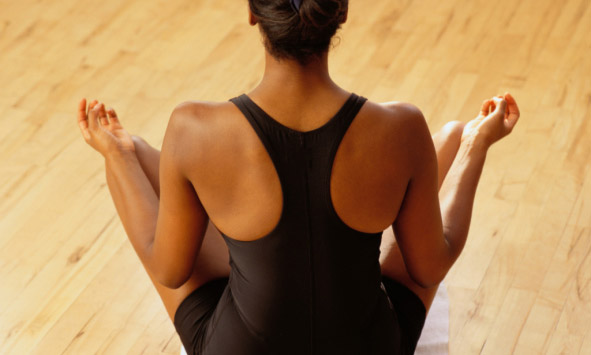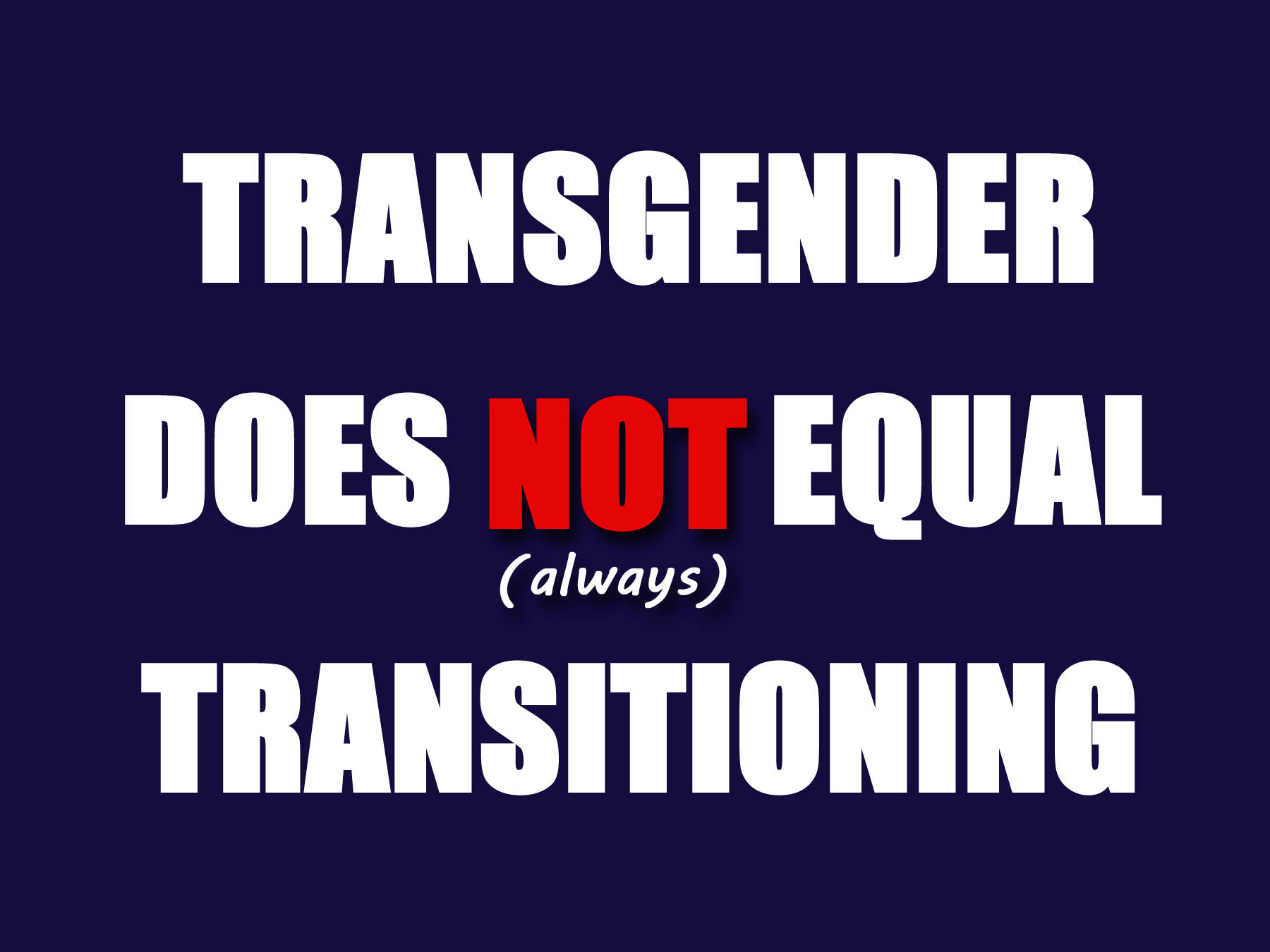Is the Self-Care Movement individualist or revolutionary? African culture prioritizes the welfare of the whole over the individual—perhaps too much so. But on the flipside, the individualism I’ve experienced in the US isn’t much better. Is balance between these two extremes even achievable?
-
Afrofeminism - Blog - Gender and LGBT Issues - Love and Afrofeminism - My Work - Self-Care and Self-Love - Special Series - Writing and Guest Blogging
-
Black History Month Rant: We Are Not All Black in the Same Way
Warning: This is a rant. AKA I'm pissed, and don't feel the need to explain myself further than this: I'm Nigerian. I'm African. I'm Black. They don't compete, they complement, which is why when I'm asked to silence one for the sake of the other, I don't. Deal with it.…
-
PSA For Transgender Awareness Week: Transgender Doesn’t (Always) Equal Transitioning
About a month ago, I wrote a write on my tumblr account in response to numerous inquiries from people right after I disclosed that I was gradually accepting a shift in my gender identity (i.e. feeling way more masculine than I do feminine) about when I would be transitioning. Na…
-
An Immigrant’s Halloween: Blackface, Ghetto Parties, and Disney Princesses
I actually want to have fun during Halloween this year. I don't want to feel constantly triggered by offensive costumes. I actually want to smile at kids when they come trick or treating. I want to carve my first pumpkin without being cheered on by coworkers in blackfaced Bob Marley…



